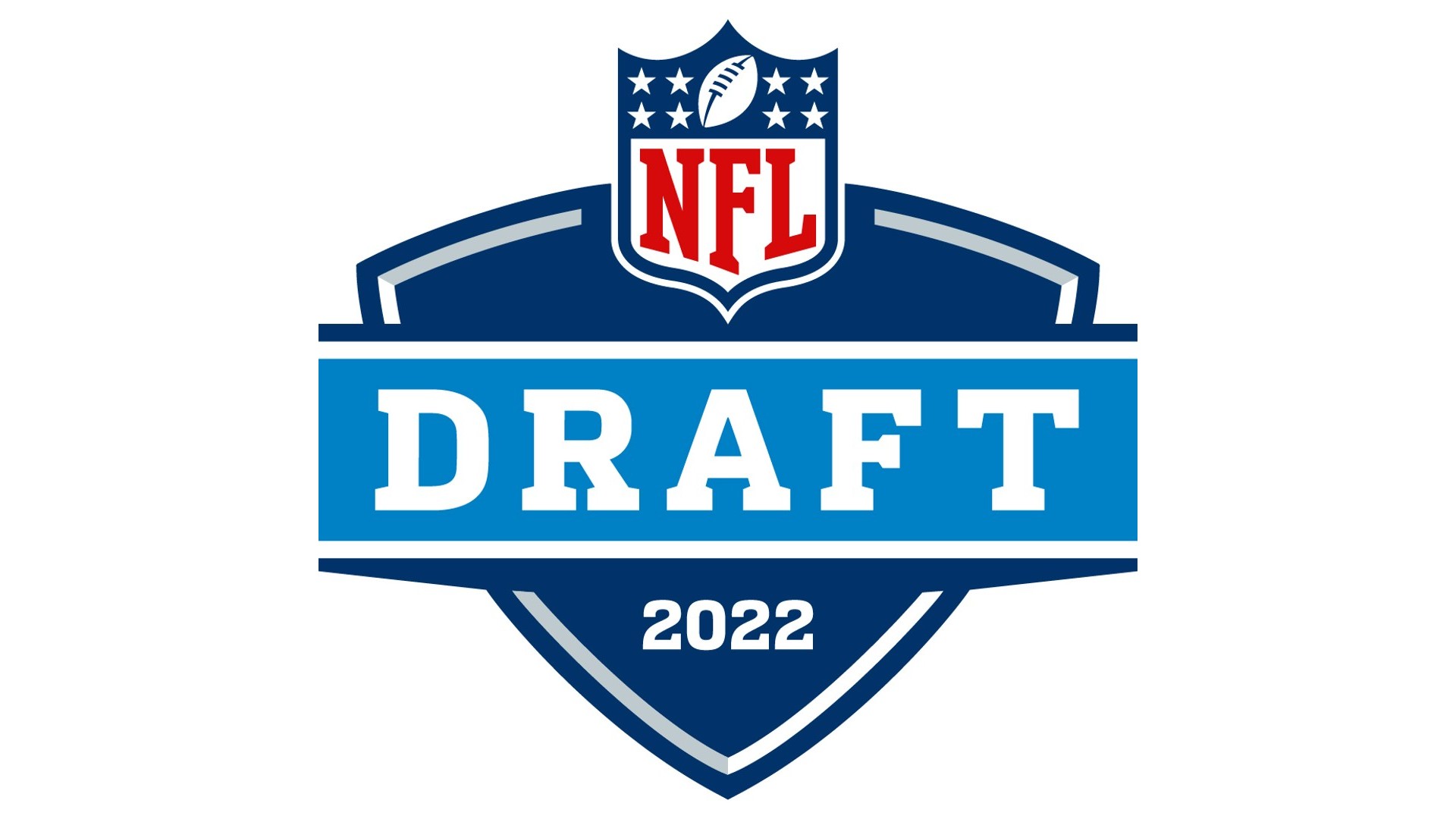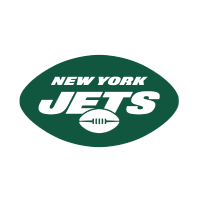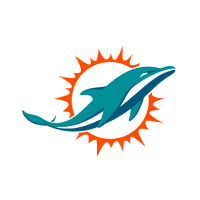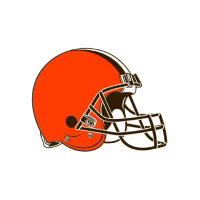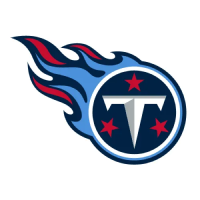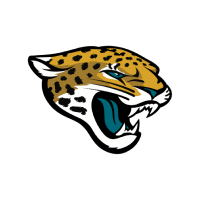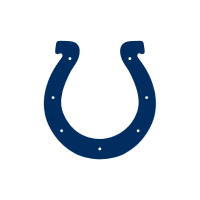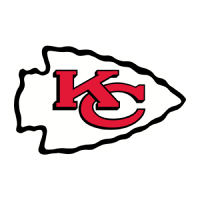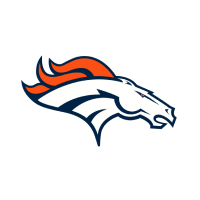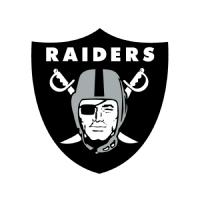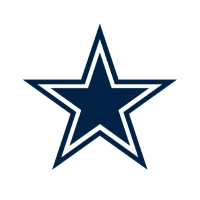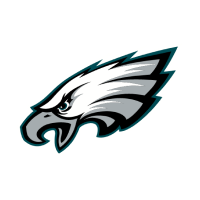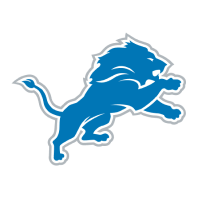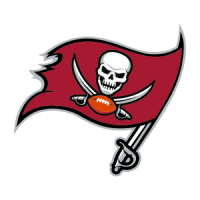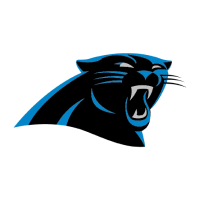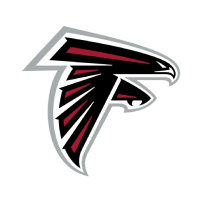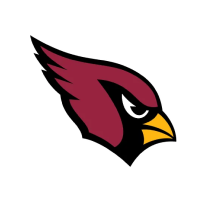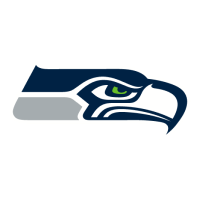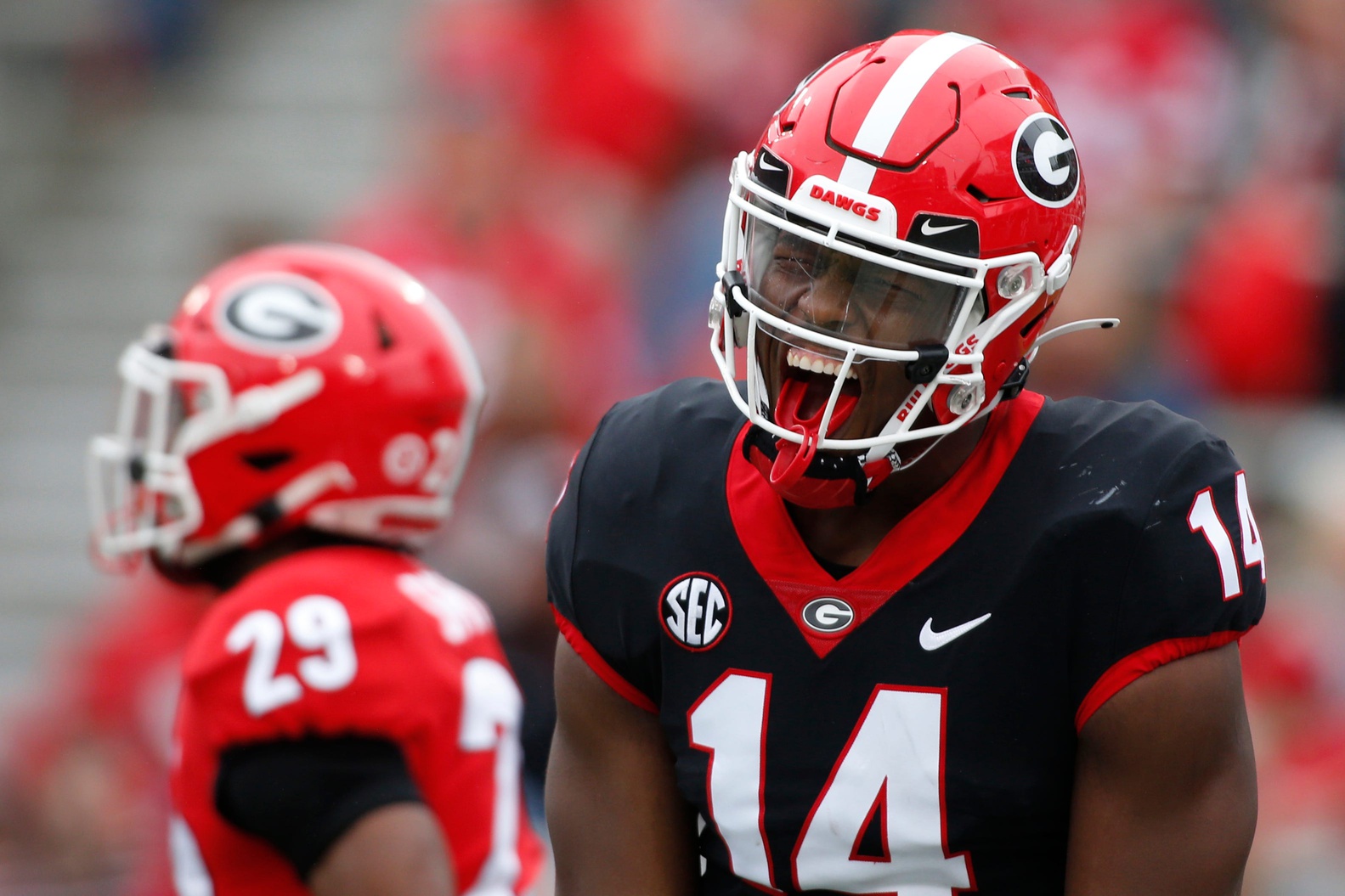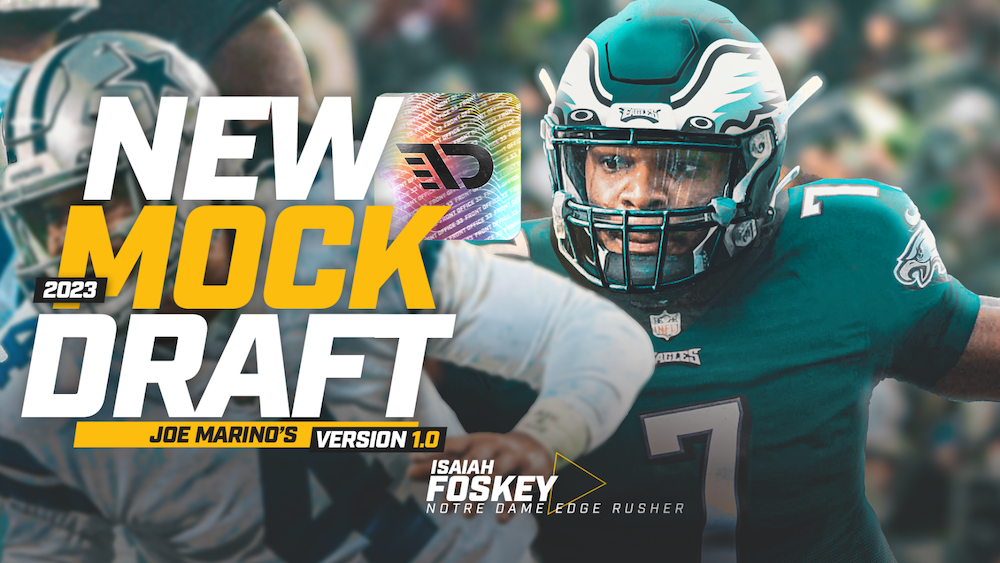Something, something... running backs don’t matter.
That statement, in a literal sense, isn’t true and never has been. But the spirit of why the phrase has become popular over the years does hold some truth to it, and that is worth examining.
The running back position, like everything in the game, has changed over the years; in emphasis, in role, in importance, and for the sake of this conversation, in value. Today’s NFL is a pass-happy league. With such a notion, the rich tradition of bell-cow backs to the tune of 300 and sometimes even 400 touches is not as widespread or as much of a necessity as it used to be. Yet, every coach will still tell you that the first mission of their job and their defense is to stop the run. That tells you that even though the best teams aren’t winning Super Bowls on the shoulders of their running backs as much, the running game is certainly still a key component of winning.
But how much?
Running backs do still matter, but as advanced analytics have become more popular, many have hopped on the train of thought that even the best at the position are varying degrees of replaceable. The thought is that if you take one running back, even a good one, and substitute him for another, chances are the drop-off won’t be as drastic as it would be at other positions. We see a belief in this train of thought manifest itself in the form of both draft picks and contracts.
If you want to know how much the league values certain positions, all you have to do is look at where they put their money. Quarterbacks, offensive tackles, and pass rushers have the highest payouts, and they are generally the highest-drafted players, too. As for running backs, well, if you get drafted as a running back in the first round you right away have one of the better running back contracts in the league, even as a rookie. That means there aren’t many running backs cashing out on second contracts.
So with running backs coming at a dime a dozen—by the number of suitable options, replaceability, injury risk, and literally with money via pre-determined rookie deals— is it ever worth giving a running back a big second contract?
The latest subject of that topic has been Cleveland Browns running back Nick Chubb.
Chubb, who was drafted 35th overall in the second round of the 2018 NFL Draft, is entering the fourth and final year of his rookie deal. Since entering the league, he’s rushed for 3,557 rushing yards with 28 rushing touchdowns. Only Derrick Henry and Ezekiel Elliott have recorded more rushing yards than Chubb since 2018, and Chubb has even missed time due to injury.
With Chubb in such rare company, what are we looking at in terms of a potential deal?
Chubb is 25 years old, so he likely wouldn’t even be 30 by the time his next deal ends. That’s a very good thing. If you look at players who were in a similar age range to him, Joe Mixon signed a four-year, $48 million deal, Dalvin Cook signed a five-year, $63 million deal, and Henry signed a four-year, $50 million deal. All three of those deals fall short of the three at the top of the running back contract list: Alvin Kamara, who signed a five-year, $75 million deal, Elliott, who signed a six-year, $90 million deal, and Christian McCaffrey, who signed a four-year, $64 million deal.
Now, Kamara, Elliott, and McCaffrey got their bump because of what they do in the passing game. Kamara and McCaffrey are consistently in the top five for targets among running backs in the league, while Elliott is close to the top 10 or has been top 10 every year since 2018. Chubb does not impact the passing game, in a statistical manner, the way those other backs do. For example, Kamara averaged 7.1 targets per game in 2020, and McCaffrey averaged 6.3. In his best receiving season (2019), Chubb averaged 3.0 targets per game. However, while Chubb doesn’t have the target emphasis those other backs do, he certainly knows what to do with the ball when he gets it into his hands, as was evident by his 9.4 yards-per-reception last season.
But where Chubb might fall short of that kind of value of a contract, it’s hard to find a better pure runner of the ball than what Chubb has shown he can be when healthy.
Football Outsiders has a lot of cool metrics that give situational value to appropriate payers and units. In their Adjusted Line Yards, the Browns ranked first in second-level yards and fourth in open-field yards, which gives more emphasis to how many yards running backs gain by hitting their hole and being dynamic, creative runners afterward. He was also third in the league in Defense-adjusted Yards Above Replacement and second in Defense-adjusted Value Over Average. Both of those metrics show that, by both a game-by-game and play-by-play view, Chubb is one of the most irreplaceable players at his position.
The last major factor with Chubb is injury. With running backs, a big reason why people believe you shouldn’t sign them past their rookie deal is because the position takes so much punishment that injury is inevitable—and with injury comes regression. On one hand, Chubb has already suffered two big injuries to note. In college, he had a gruesome leg injury that forced him to miss an entire season, and this past year he had an MCL sprain that forced him to miss time. However, on the flip side of that coin, when Chubb returned from his knee injury in college, he rushed for back-to-back 1,000 yards seasons, and after his MCL sprain last year, he had his best games of the season. He’s shown he can take some of the worst injuries for the position and still run strong after recovery. That matters.
The running back position has changed quite a bit over the years, and the league is still figuring out exactly how to value the position on their books. But one thing has always been true in the business of professional football: pay great payers.
Chubb is a great player.
Filed In
Related Articles
NFL Draft
Arik Gilbert Doesn’t Need Big Workload To Be A Top NFL Draft Pick
- Aug 22, 2022
NFL Draft
2023 NFL Mock Draft: Marino 1.0
- Aug 22, 2022
Written By
